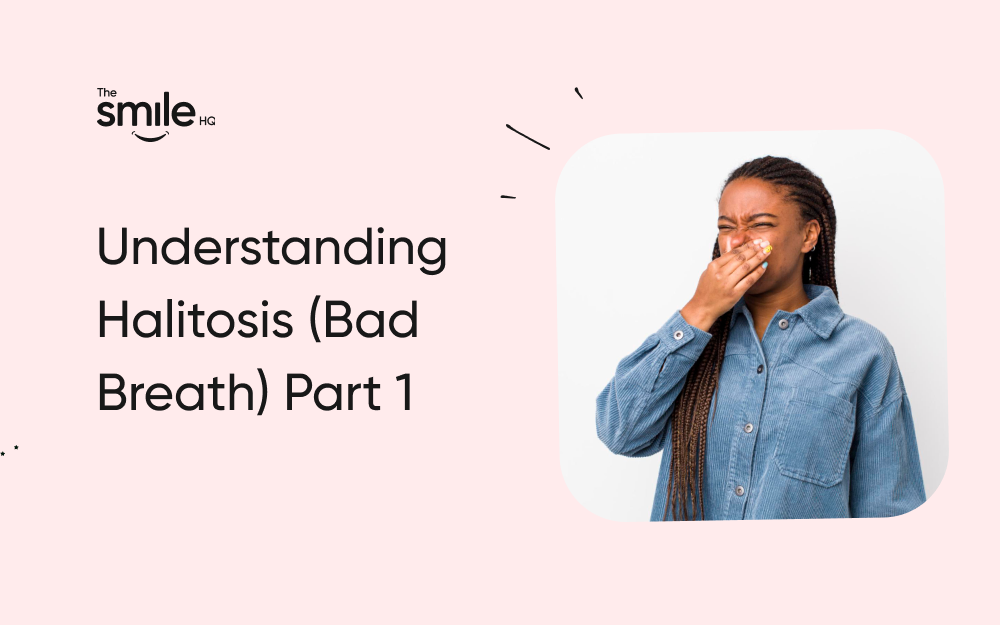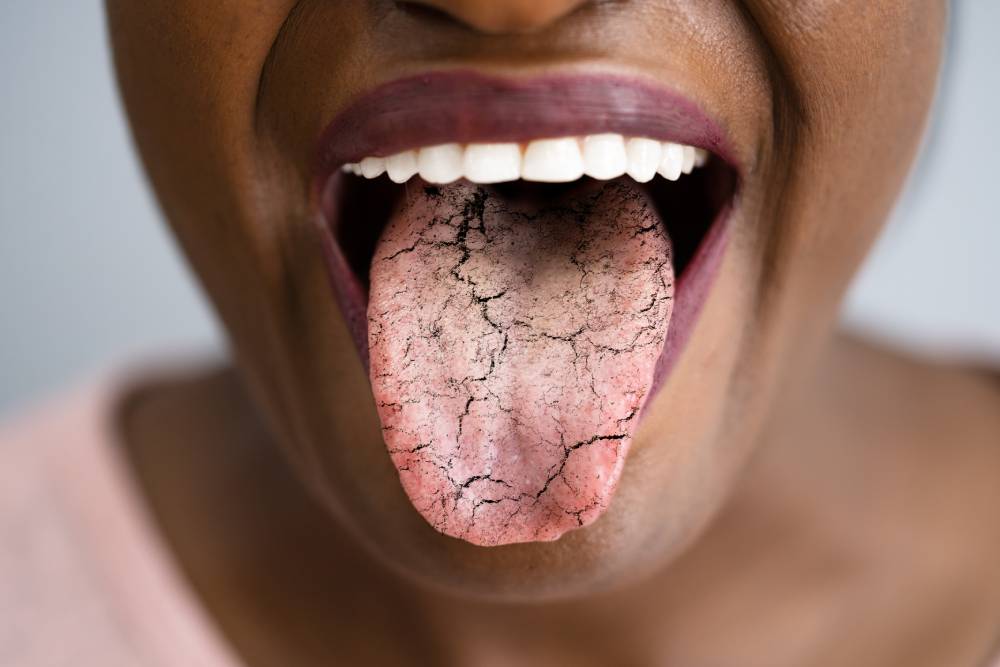Greetings everyone! Let’s talk dental health. Yes, I know, we all love our pounded yam, jollof rice, and suya, but how many of us think about what happens to our teeth after enjoying these delicacies? It’s time to pay attention. After all, a bright smile can open doors and create lasting impressions!
Why Do Dental Treatments Cost a Lot?
Some of us think, “Why should I spend so much money on my teeth?” Well, think of your teeth as an investment. Just like you invest in your children’s education or your business, investing in your dental health pays off in the long run. Good oral health prevents painful and costly problems in the future. When you maintain your teeth, you’re not just spending money; you’re ensuring that you can continue to enjoy your favorite foods without pain and smile confidently in every situation.
The Benefits of Good Dental Care
1. Healthy Teeth, Healthy Body: Poor oral health can lead to serious health problems like heart disease and diabetes. Keeping your teeth clean means keeping your whole body healthy.
2. Confidence Boost: Imagine walking into a meeting or a social gathering with a bright, confident smile. Your confidence levels will soar, and people will notice!
3. Save Money in the Long Run: Regular dental check-ups can catch problems early before they become serious and expensive. A little spending now can save a lot later.
Home Dental Care: Small Steps, Big Impact
Good dental care starts at home. Here are a few simple steps you can take:
- Brush Twice a Day: Morning and night, for at least two minutes. Use fluoride toothpaste and a soft-bristled toothbrush.
- Floss Daily: It might seem unnecessary, but flossing removes food particles and plaque that brushing misses.
- Rinse with Mouthwash: This helps to kill bacteria and keep your breath fresh.
- Eat Tooth-Friendly Foods: Crunchy fruits and vegetables, cheese, and nuts can help keep your teeth strong.
- Visit Your Dentist: The Expert Touch
Just like your body needs a physician, your teeth need a dentist. Regular visits to the dentist can help catch problems early. Don’t wait until you have a toothache to see your dentist. Make it a habit to go for check-ups at least twice a year.

Involve Your Family and Friends
Oral health is a family affair. Teach your children the importance of brushing and flossing. Make it fun by brushing together. Share tips with your friends and encourage them to visit the dentist. You can even make it a group activity. When you involve your loved ones, everyone benefits from a healthier smile.
Let’s Change the Narrative
We need to change how we view dental care in Nigeria. It’s not a luxury; it’s a necessity. Investing in your teeth is investing in your overall health and well-being. Let’s start a movement of bright, healthy smiles across the country. Shine your teeth, and you’ll shine in life!
So, my people, let’s embrace good dental care habits and encourage our friends and family to do the same. Together, we can enjoy good oral health for life and keep flashing those dazzling Nigerian smiles everywhere we go.










